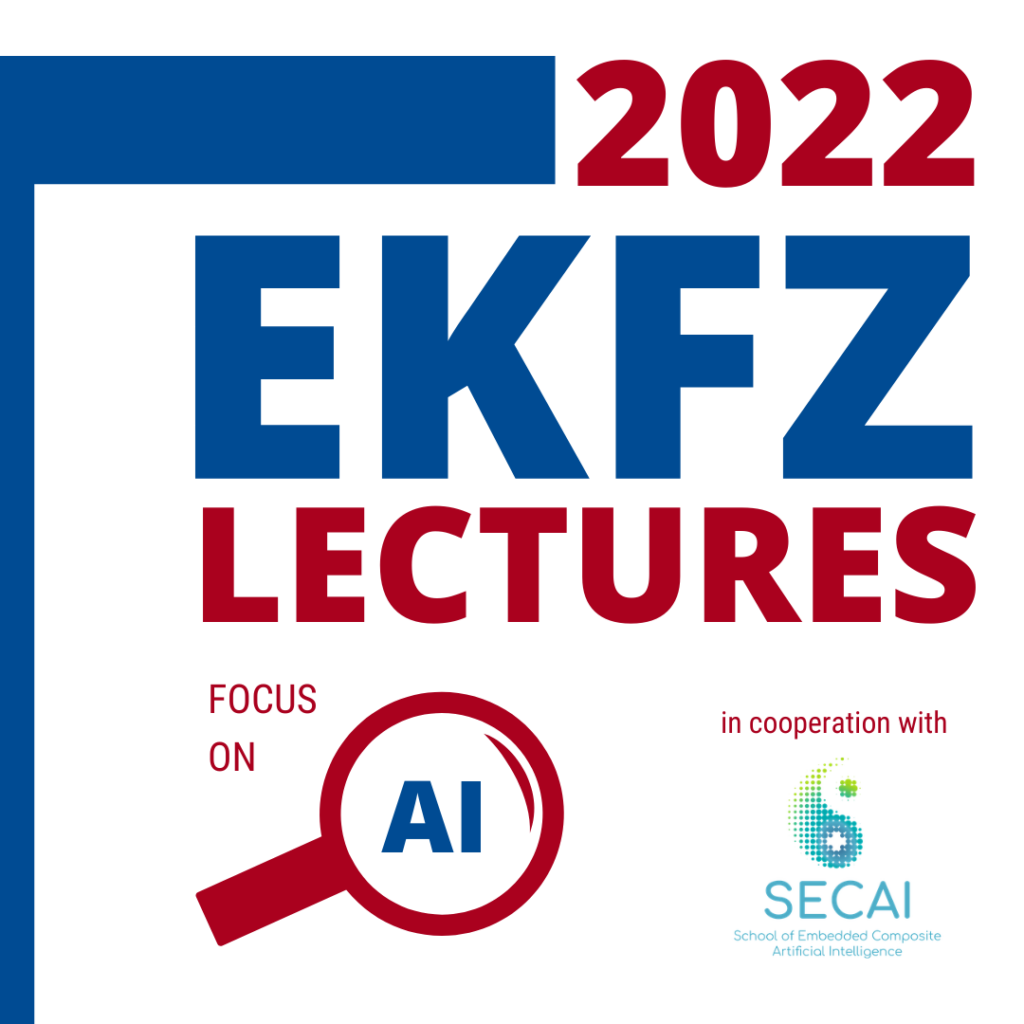Why the combination of modeling and machine learning could be the future direction in mathematical oncology
25.08.2022 | 5 pm | BCUBE Center for Molecular Bioengineering
With M.Sc. Saskia Haupt | University of Heidelberg | Interdisciplinary Center for Scientific Computing
In recent years, oncology has become a quite interdisciplinary field including experts from many medical disciplines but also mathematicians, computer scientists and bioinformaticians. Especially the field of mathematical oncology has expanded successfully with the aim at developing mathematical models and approaches to simulate cancer development and by this, better understand the underlying biological processes and improve current clinical procedures. Mathematical models are built based on medical expertise and the current understanding or hypotheses of cancer development making them explainable. However, the validation with clinical data is often challenging.
Besides mathematical modeling, artificial intelligence and machine learning are very prominent fields in data analysis and pattern recognition of various omics data and histological images. Here, machine learning algorithms are trained to learn the underlying rules of a system by using large amount of data. Although machine learning algorithms are not fully understandable, they often outperform mathematical models in terms of accuracy.
Thus, a combination of mathematical modeling and machine learning while using the advantages of both fields seems very promising. In this talk, we will elaborate on this possible future direction of mathematical oncology at the example of Lynch syndrome cancer development, the most common inherited cancer predisposition syndrome. We show our recent advances in modeling Lynch syndrome colorectal carcinogenesis at different physical scales ranging from the DNA over the cell and crypt to the population level. Coming from the modeling side, we will point to possibilities of adding machine learning to these models. We emphasize why this could be a very promising future research direction leading to explainable models of cancer development which are calibrated and validated by biomedical and clinical data in a straightforward and efficient way.


